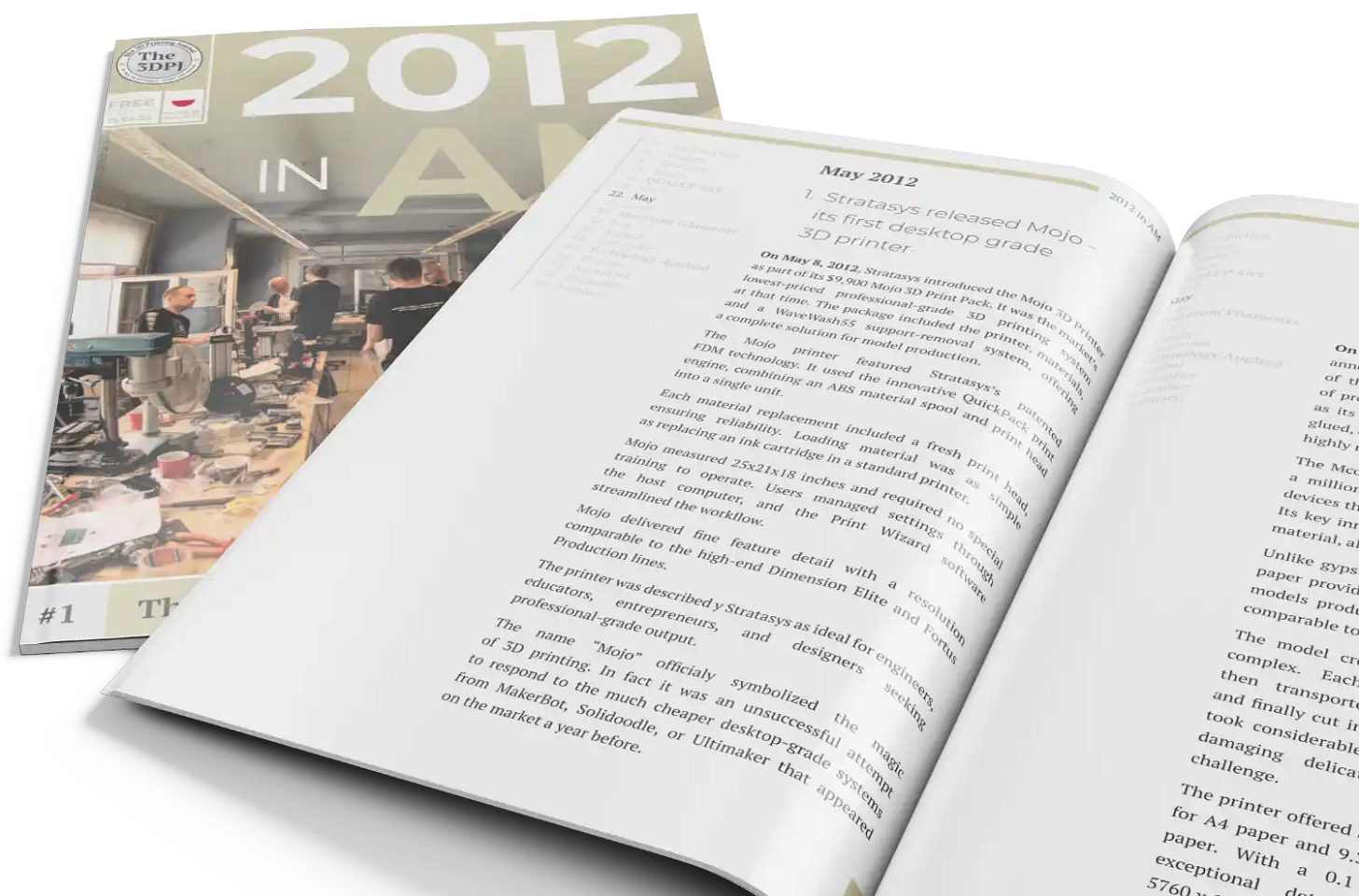Consolidation has become a fact - 90% of the market share belongs to just 4 OEMs
The Atomic Layers: S7E25 (00203)
Atomic Layer of the Day:
For quite some time now, the AM industry has been discussing the need for consolidation. The problem is too many companies in a market that is still too small, and instead of growing, businesses are getting lost in competition with one another.
Well, at least in the desktop segment—or for devices costing less than $2,500—this topic is no longer a case.
Contrary to popular belief, the low-cost 3D printer market is effectively split between four companies, with the top two holding nearly three-quarters of it.
And all of them are from China.
So, here’s the thing: some time ago, the research firm Context published a report on global 3D printer sales. The unspoken rule is that the details in paid reports are not shared—only the basic insights from press releases.
But someone from Prusa Research decided to share one particular ranking publicly. My good friend Jan Homola then posted it on LinkedIn. So, I figured—since it’s already out there, I might as well do the same. You know, a copy of a copy is barely an original anymore—it starts to have its own identity.
Here’s a screenshot of Jan Homola’s post:

Now, let me do the math for you. If Context’s data is accurate:
Bambu Lab and Creality account for 73.7% of all sub-$2,500 3D printer shipments worldwide.
Adding Anycubic and Elegoo brings the total to 90.3%.
Further additions are irrelevant, as their individual sales don’t significantly change the outcome.
The top 10 companies listed account for 98.1% of all shipments.
Of this 98.1%, only 3.8% is from outside Asia (Czech-based Prusa Research and the US-Dutch UltiMaker).
You might ask—what about Formlabs? Well, Context doesn’t include Formlabs in this category because their printers are too expensive. It doesn’t make much sense, and I’ve written about this before.
And you know, it would probably be silly to include Formlabs in this table. Silly for Formlabs.
So yeah—ahem—Formlabs is in a different ranking.
Anyway… Looking at the Context ranking from Jan Homola’s post, one conclusion is clear: making desktop-grade 3D printers is a lovely idea, but if you’re not based in China and your name isn’t Bambu Lab, Creality, Anycubic, or Elegoo, it’s just not sustainable in the long run.
It’s like starting a new smartphone, PC, or paper printer company today. The best-case scenario? 1–3% market share. Except, each of those industries is hundreds of times bigger than 3D printing, and 1% in those markets equals 1,000% in this one.
Today Joris Peels from 3DPrint.com even ran a revenue simulation, estimating that Bambu Lab could surpass $1 billion, with Creality at $640 million. In fact, Bambu Lab could potentially have higher revenues than Stratasys and 3D Systems combined.
Then he wrote that it was just a ‘thought experiment’ and that he doesn’t really know how much anyone makes.
But hey—if 3DPrint.com is starting to publish this kind of stuff, you know something is happening.
Consolidation—at least in the desktop 3D printer segment—is now a fact. 90% of the market is controlled by just four companies. The game is over for everyone else.
It’s like certain national football leagues, where for years, only 3–4 teams compete for the title, while the rest are just sparring partners—needed only so the leaders have someone to score points against.
Sure, once in a while, a mid-table team might break into the top ranks for a season because one of the giants had an off year. But the following season, they fall back into place.
So yeah, that’s that, folks.
Atomic Layer from the Past:
02-25-2015: Canon Europe and 3D Systems announced a distribution partnership in the UK.
GET FREE HISTORY BOOK: ‘2012 in AM’
News & Gossip:
Xometry reported a record revenue of $545 million for 2024, reflecting an +18% year-over-year increase, driven by strong marketplace growth (+23%). The company saw a +16% revenue boost in Q4, reaching $149 million. However, despite these gains, Xometry faced a net loss of $50.4 million for the year, although it marked a $17.1 million improvement from 2023. The company's adjusted EBITDA improved by $3.9 million, achieving a profit of $1.0 million.
Materialise has achieved EN 9100 certification for its metal additive manufacturing processes for aerospace, ensuring product quality, process control, and regulatory compliance.
OrcaSlicer has released beta version 2.3.0-beta. New version introduces significant improvements in filament management and print quality. The new global filament library allows users to apply profiles across multiple printer types. Enhanced "fuzzy skin" reduces surface errors with structured noise algorithms. New "2D Lattice" infill supports lightweight aircraft models. The optimized extrusion rate boosts print efficiency, and the "Open in OrcaSlicer" feature from Printables simplifies model imports.






It would be interesting to see it just for Western sales, I think the China-to-China sales could be heavily boosting their numbers. They still definitely dominate in the west, but maybe not by such high percentages.